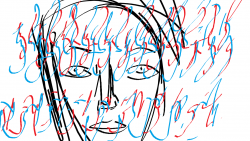Site-Wide Comment Activity: All Authors
|
|
|
|
 |
 |
 |
 |
 |
|
|
 |
 |
 |
 |
 |
 |
 |
- « first
- ‹ previous
- …
- 93
- 94
- 95
- 96
- 97
- 98
- 99
- 100
- 101
- …
- next ›
- last »